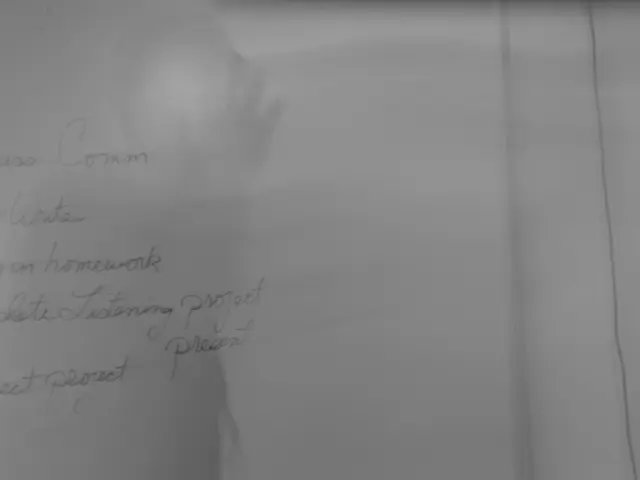Neighboring countries express their views on Dobrindt's border plan.
Title: The Swing of Borders: European Neighbors React to Dobrindt's Border Plan
It's a brand new day in government, and Alexander Dobrindt, the fresh Interior Minister, flips the script. He announces a bold move: beefing up federal police for stricter border control, with swift rejections for refugees seeking asylum in Germany. However, not everyone in Germany's neighboring countries is all smiles. There's a medley of reactions – both positive and negative.
Dobrindt's plan has caught the Swiss off guard. The Swiss Federal Department of Justice and Police doesn't mince words: systematic border rejections violate Swiss law. They're keeping a close eye, ready to take measures if needed. The Swiss want the free flow of goods and people to continue, insisting that citizens on both sides should be able to commute without hassle. Federal Councilor Beat Jans chimed in, suggesting a meeting between the concerned ministers, but to no avail yet.
Poland, on the other hand, throws its weight behind Merz's new administration. Prime Minister Donald Tusk noticed the shift and highlighted Poland's investment in protecting the EU's external borders. He suggested that these controls should primarily focus on external borders to avoid hindering commuter traffic.
In contrast, Austria and the Czech Republic offer their support for Germany's plan. Austria's Interior Ministry welcomes the collaboration, emphasizing their commitment to achieving mutual success. The Austrian Federal Police will adapt to the current situation, with Interior Minister Gerhard Karner already in touch with Dobrindt. The Czech Republic follows suit, with Interior Minister Vit Rakusan praising Germany's efforts while downplaying the impact on his country.
Dobrindt's plan isn't without controversy. Critics, such as the Greens in Germany, question the move's effectiveness and legality. They argue that existing border controls are inefficient due to resource constraints.
Sources: ntv.de, mpa
- Refugees
- Asylum Seekers
- Immigration
- Border Control
- Germany
- Friedrich Merz
- Alexander Dobrindt
- Switzerland
- Poland
- Donald Tusk
- Austria
- Czech Republic
Additional Insights: Austria and Luxembourg have expressed mixed reactions, with Austria offering measured support and Luxembourg voicing concerns about the impact on cross-border commuters. The EU Commission has not issued a specific response but is involved in the discussions due to Luxembourg's complaint. Critics within Germany question the plan's effectiveness and legality.
- The new Interior Minister, Alexander Dobrindt, declared a stricter border control policy, including swift rejections for refugees seeking asylum in Germany, sparking various reactions among European neighbors.
- Switzerland, particularly the Swiss Federal Department of Justice and Police, voiced concerns that Dobrindt's measures violate Swiss law and have promised to take action if necessary.
- In contrast, Poland, led by Prime Minister Donald Tusk, supports Dobrindt's plan and emphasizes the importance of external border protection to avoid affecting commuter traffic.
- Austria's Interior Ministry has expressed measured support for the stricter immigration policies, while Luxembourg has voiced concerns about their potential impact on cross-border commuters, with the EU Commission involved in the discussions due to Luxembourg's complaint.








